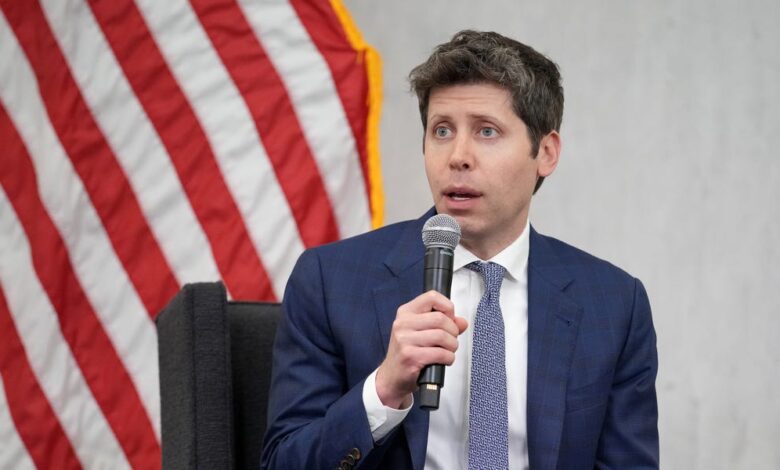Sam Altman Warns of Over-Reliance on ChatGPT for Decisions

▼ Summary
– Sam Altman expressed concern about young people becoming overly dependent on AI, like ChatGPT, for basic decision-making.
– Altman noted a worrying trend of “emotional over-reliance” on ChatGPT, especially among younger users who trust it for life decisions.
– A Common Sense Media report found 72% of teens have used AI companions, with half trusting their advice at least somewhat.
– Younger teens (13-14) showed higher trust in AI companions compared to older teens (15-17), with 23% of trusting users relying on them “quite a bit” or “completely.”
– Altman acknowledged OpenAI is working to address AI over-reliance, warning that delegating life decisions to AI feels “bad and dangerous” even if the advice is superior.
The growing dependence on artificial intelligence for personal decision-making has raised serious concerns, even among the technology’s most prominent developers. OpenAI CEO Sam Altman recently expressed discomfort with how frequently people, particularly younger generations, turn to AI tools like ChatGPT for life guidance.
Speaking at a Federal Reserve banking conference, Altman highlighted what he described as an alarming trend of “emotional over-reliance” on AI systems. He shared examples of young individuals admitting they wouldn’t make important life choices without first consulting ChatGPT. “There’s this disturbing pattern where people treat AI as their personal oracle,” Altman observed. “They’ll say things like ‘ChatGPT knows me better than my friends do’ or ‘I’ll do whatever it suggests.’ That mentality worries me.”
Recent research supports Altman’s observations about shifting behaviors. A Common Sense Media study found that 72% of teenagers have experimented with AI companions, with half reporting they place at least moderate trust in the technology’s advice. The data reveals an interesting generational divide – younger adolescents demonstrate higher levels of trust compared to their older peers. Approximately 27% of 13-14 year olds expressed confidence in AI recommendations, versus only 20% of 15-17 year olds. Among those who trust these systems, nearly a quarter place complete or near-complete faith in the technology’s guidance.
Altman emphasized that the issue extends beyond whether AI provides sound advice. “The fundamental problem isn’t about accuracy,” he explained. “Even if these systems offered perfect guidance, the very idea of outsourcing our decision-making to machines creates troubling implications for human agency and social development.” The OpenAI CEO acknowledged his company faces complex questions about how to address these emerging behavioral patterns without stifling innovation.
This phenomenon reflects broader societal challenges as artificial intelligence becomes increasingly embedded in daily life. While AI tools offer valuable assistance for information gathering and problem-solving, experts caution against surrendering critical thinking and personal judgment to algorithmic systems. The discussion highlights the need for balanced approaches that harness AI’s benefits while preserving human autonomy in decision-making processes.
(Source: Business Insider)

